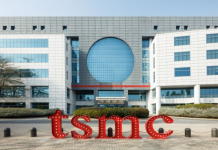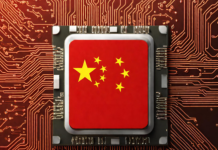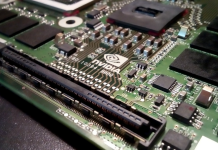Taiwan Semiconductor Manufacturing Company (TSMC), announced that it does not expect China’s recent export controls on gallium and germanium to directly affect its production. The Chinese Ministry of Commerce and Customs revealed on Monday that starting from August 1, a license would be required for the export of these rare metals due to security concerns related to the ongoing trade dispute with the United States.
TSMC, a crucial supplier for major tech companies like Apple and Intel, expressed confidence that these export restrictions would not have a direct impact on its operations. While the company did not elaborate on potential long-term indirect consequences, it stated that it would closely monitor the situation. TSMC the chip manufacturer with the biggest contracts worldwide, controls over half of the global output of silicon wafers, a vital component in semiconductors used in various applications ranging from consumer electronics to military systems.

The announcement by the Chinese government came as tensions between China and the United States continue to escalate. Beijing’s decision to restrict exports of gallium and germanium, two metals widely used in semiconductors and electric vehicles, is seen as a response to U.S. export restrictions aimed at limiting China’s access to critical technologies used in artificial intelligence.
Despite the geopolitical tensions, TSMC’s Chairman, Mark Liu, sought to allay concerns and highlight the potential role of Taiwan’s chip industry in improving relations between the two superpowers. Liu argued that if Taiwan’s chip industry thrives, it would have a positive impact on geopolitics. He emphasized that both China and the United States understand the indispensability of TSMC’s chips, which could lead to a more cautious approach in their actions. Liu expressed hope that TSMC and Taiwan’s flagship chip industry could contribute to stabilizing the tension between the two global powers.
Taiwan, a significant chip producer, plays a crucial role in the global supply chain, providing chips for smartphones, cars, and even military aircraft. With TSMC at the forefront, the island nation has emerged as a key player in the semiconductor industry. The company’s optimistic outlook regarding the impact of China’s export controls reflects its confidence in its ability to navigate the complex geopolitical landscape while maintaining stable production.
Related:
- Taiwan’s Powerchip Semiconductor and SBI Holdings forge partnership to build chip foundry in Japan
- China Imposes Export Controls on Critical Semiconductor Materials, Escalating Trade War
- China Opposes Dutch Restrictions on Semiconductor Equipment Exports







